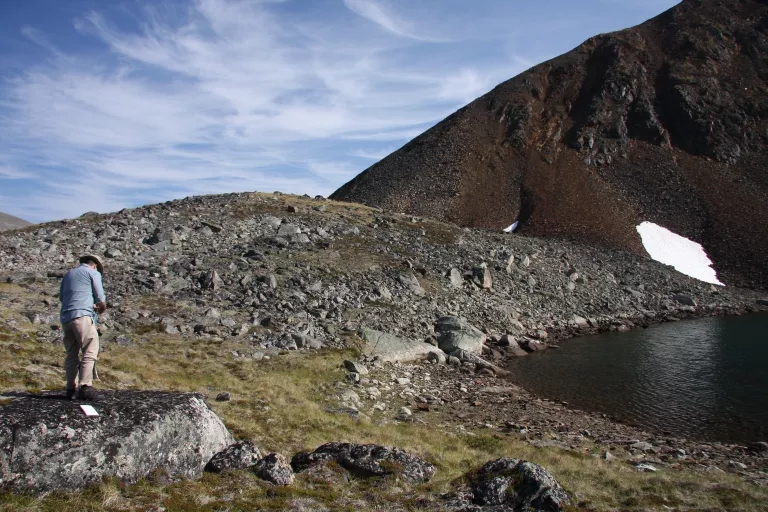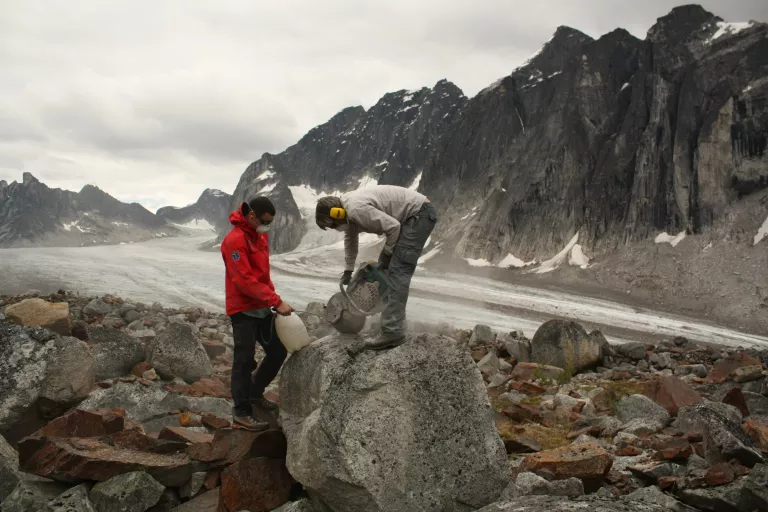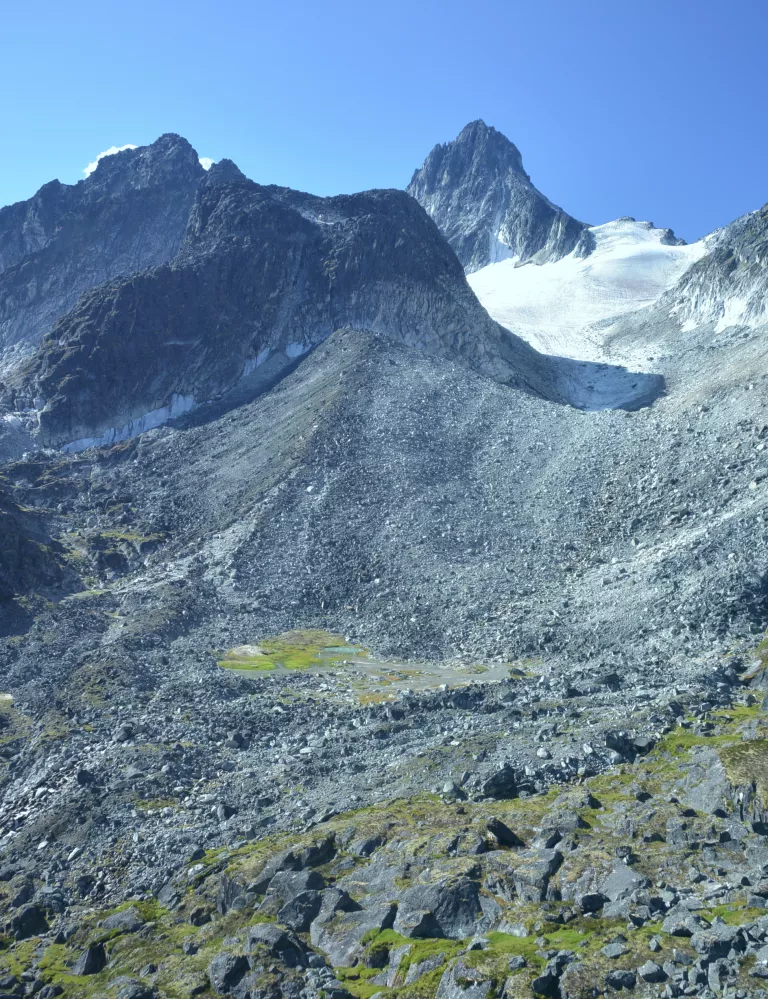The Cordilleran ice sheet, which once covered all of present-day British Columbia, melted sooner than previously thought. This is according to a research paper led by University of Northern British Columbia Geography Professor Dr. Brian Menounos. It has been published in the journal Science.
Menounos, the Canada Research Chair in Glacier Change, teamed up with 14 co-authors from five countries. They wanted a better idea of when the ice sheet melted. Their findings provide a model for researchers examining the deglaciation of modern-day ice sheets in Greenland and Antarctica.
“Our work builds upon a rich history of collaborative research. It seeks to understand when and how quickly the Cordilleran ice sheet disappeared from Western Canada.”
Menounos and his co-authors showed that several alpine areas emerged from beneath the ice sooner than previously recognized. Their work also revealed that decay of the ice sheet was complex. This is partly due to presence of mountainous terrain. Also Earth’s climate rapidly switched between cold and warm conditions during the end of the last ice age.
“Our work builds upon a rich history of collaborative research. It seeks to understand when and how quickly the Cordilleran ice sheet disappeared from Western Canada,” Menounos says. “Projected sea level rise in a warming climate represents one of the greatest threats to humans living in coastal regions. Our findings are consistent with previous modeling studies. They show abrupt warming can quickly melt ice sheets and cause rapid sea level rise.”
Previous researchers relied on radiocarbon dating to establish when one of North America’s former ice sheets disappeared. Radiocarbon dating can be problematic for alpine regions where fossil organic matter is commonly absent. Instead, the researchers used surface exposure dating. This technique measures the concentration of rare isotopes that accumulate in quartz-bearing rocks exposed to cosmic rays. It determines when rocks first emerged from beneath the ice.
The paper presents a more refined timeline for when the ice sheet melted. It arose from fruitful collaboration between Canadian scientists and researchers from United States, Sweden, Norway and Switzerland.
The research received funding from the Natural Sciences and Engineering Research Council of Canada and Canada Research Chairs Program.

Every day, researchers at UNBC are discovering local solutions that have a global impact.
Unparalleled real-life settings challenge our students to apply their practical knowledge to solve problems.
UNBC is one of Canada’s top-ranked research-intensive universities. We offer undergraduate students the opportunity to get involved in research projects as early as their first year. Graduate students are able to work closely with faculty members on ground-breaking research projects.

